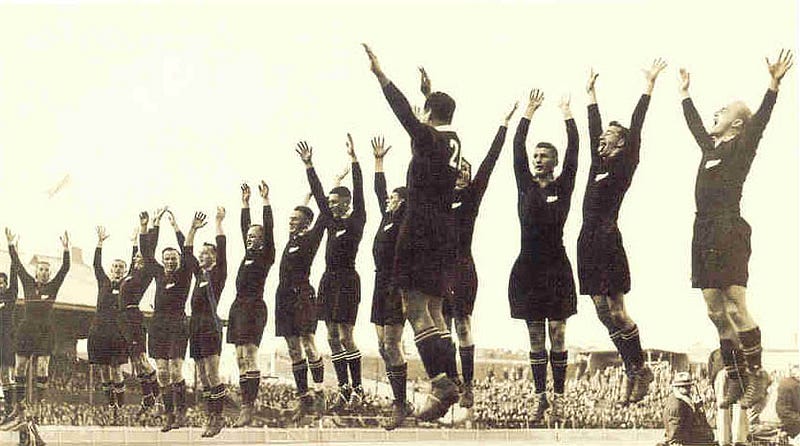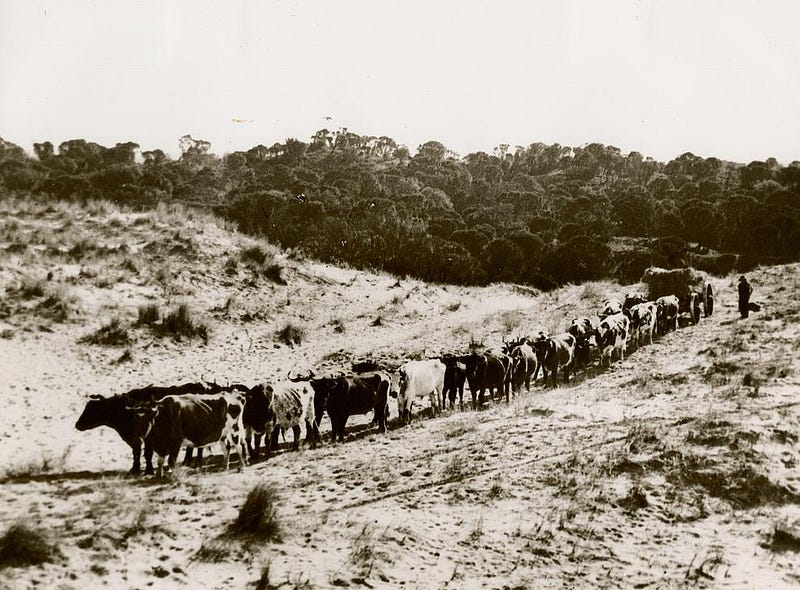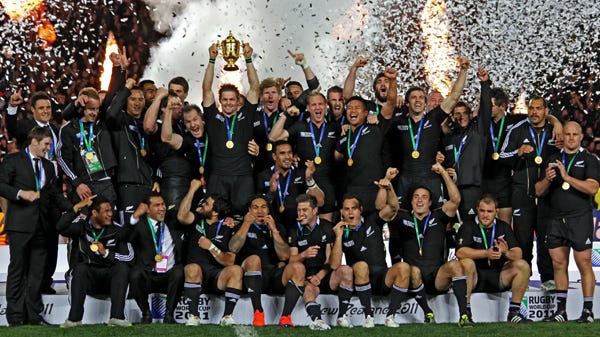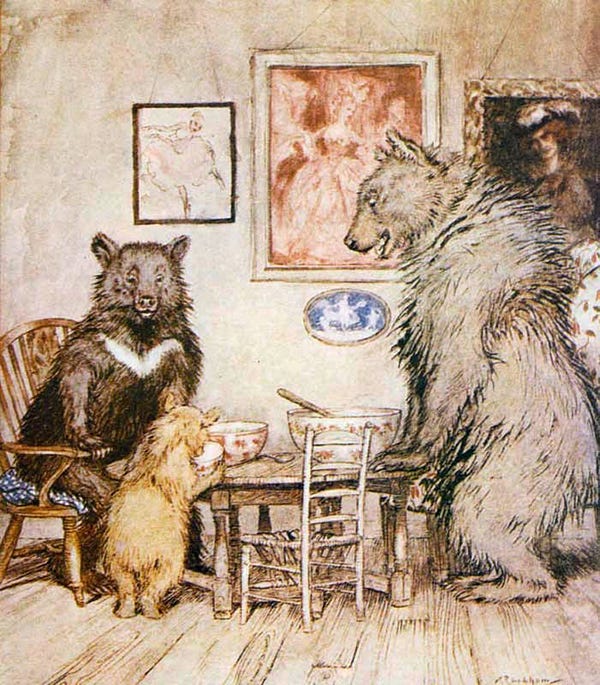
Where X’s, Y’s are people, 1’s & 0’s is technology, C is Culture, S is Strategy
For years, I mean 8 years, I have been asked: “What makes a great Digital strategy?”, what is a good one and what is a great one.
Over the years this has evolved to:
“What makes a great Innovation strategy?”
recently it is:
“What makes a great (Big) Data strategy?”
None of the above matter if you don’t have a good “People Strategy”.
Foundations

A lot of the world’s roads still follow the paths laid down by oxcarts in the tenth century. Oxcarts followed paths of least resistance and gradually compressed the earth below their feet over a long period of time. The thing with such foundations is that they need to be laid properly, they need to follow the correct path and be re-examined quite often.
To be an imaginative firm and execute strategy (innovation, digital or data) you need to have a strong foundation first, coupled with great people and culture and each has to point their energy in the same direction.
The All Blacks

The All Blacks won the 2015 Rugby World Cup (and indeed the previous 2011 Cup). These victories were not just the result of the preparatory work done coming in to this World Cup, but of a myriad reasons ranging from culture to mindset. Culture and mindset are the basis of All Black foundations laid since 1903.
Such solid foundations made the All Blacks the most successful international rugby side of all-time, with a winning percentage of 77.06% (I know the 0.6% is important to any New Zealander) over 545 Tests from 1903 to 2016.
However, while it is now a distant memory for some, in 2004 the All Blacks were facing a crisis (a crisis by their own high levels admittedly).
At the time their 75% winning record was slipping, they had just come in last place in the Tri-Nations with their enigmatic captain Tana Umaga threatening to quit.
They decided to act and act they did.
“Better People Make Better All Blacks.”
In 2004, a renowned strategy meeting undertaken by the coach Graham Henry.
Senior management and players delivered a culture of developing the character of the players off the pitch, so that they perform better on it.
They called the strategy “Better People Make Better All Blacks”.
Today we see the fruit of that culture, you only need to look at the recently retired Richie McCaw. Look how he conducted himself with absolute class in every situation as a player, but also how he embodied the role model responsibility that the All Black captain carries.
Apart from McCaw; look at subsequent captain Sonny Bill Williams. Look at Sam Cane and especially World Cup winning coach Steve Hansen.
One of the most telling interviews comes from one of the hardest All Black players in Ma’a Nonu. In response to a question on whether he had any regrets, he said he regretted how he had treated the press in his early years. Nonu made a decision to be a good All Black and with that a good person.
His answer demonstrated that he saw these things as being one and the same.
When I asked an All Black friend what he thought of the All Blacks 2015 World Cup win, I was struck by his answer. “I love what they stand for”.
I have never heard a better endorsement for a team, but I knew exactly what he meant.
Authenticity
Authenticity is a word that resonates when observing these players. When Sonny Bill Williams gave his medal to an unknown fan during the on-pitch, post-match celebrations it was not a publicity stunt, but a sign of his mentality.
The man shows no trace of ego, lives a life of gratitude and charity. Before coming back to play in New Zealand Sonny Bill played a stint in Australia for the Rugby League Team Sydney Roosters. The Rooster’s Chairman and prominent businessman Nick Politis describes Sonny Bill simply as “One of the best people he had ever met in his life”. You only need to listen to or watch any interview with Sonny Bill Williams to get an essence of what Politis means.
Hard Work Pays Off
Sam Cane is another one for the future and is a symbol of the succession planning mindset of the All Black organisation. Cane not only starred from the bench during the 2015 World Cup, but also captained the side.
Like Sonny Bill, he exemplified humility and character. In an interview when asked about why he was successful, while being uncomfortable recognising the success he has had he attributed his “luck” to his upbringing on the farm, where he learned hard work pays off from both his mother and father.
This hard work pays off mindset is prevalent throughout the All Blacks organisation from grass roots level to Sevens Rugby. I was fortunate to have played Rugby Sevens for Ireland against the All Blacks and I was struck by their relentless work rate on and off the pitch.
I watched them train during the Sevens Rugby World Cup and their training was years ahead of others. Today the All Blacks Sevens team are not surprisingly one of the most successful international sevens team in the world, competing regularly on the World Rugby Sevens World Series circuit, which the team has won 12 times since 1983.
Humility, Window and Mirror
“Humility is the solid foundation of all virtues.” — Confucius
They say great leaders adopt a “Window and a Mirror” approach. When things are going well the look out the window and praise their team, when things go poorly they look in the mirror and scrutinise what they did wrong as a leader.
All Black coach Steve Hansen demonstrated this time and time again and does so with authenticity. In almost every interview Hansen praises the players for their decisions on the pitch and their hard work off the pitch.
Hansen also had the self-confidence to implement the Steve Jobs, now famous belief: “It doesn’t make sense to hire smart people and then tell them what to do; we hire smart people so they can tell us what to do”.
Hansen says, “Rather than having one person dictating everything off the field and another guy totally responsible for what’s happening on the field, the actual dynamics of the team is a lot different.”
A Growth Mindset
Richie McCaw — when asked by Sonny Bill Williams how he stays at the top of his game -replied that he simply sets his own standards. When Sonny Bill himself was asked why he came back to Rugby Union from League, he said he loves that everything is at his disposal to become the best he can become.
Author Carol Dweck, in her book “Mindset”, explores why certain people are successful, while others are not. The key component is what Dweck identifies as “A Growth Mindset”, where people look for learning opportunities in everything they do. In a growth mindset players examine their failures to learn from them.
There is an All Black saying which embodies this principle “Celebrate your victories, but park them quickly, remember your losses more than your wins”.
In Sport you are lucky that players are part of a team to be the best they can be.
Imagine resources were available so staff could be the best they could be.
Training, mentoring and appreciation make a great recipe for success, especially when coupled with having the right people in the organisation.
Now imagine that organisational leadership adopted the same Growth mindset with businesses and trained, mentored and invested in staff.
This reminds me of the all too familiar saying, CFO asks CEO: “What happens if we invest in developing our people and they leave us?” CEO says: “What happens if we don’t and they stay?”
Lessons for Businesses
In his seminal work “Good to Great”, author Jim Collins, whose team studied 1,435 good companies, examined their performance over 40 years and identified the 11 companies that became great and most importantly why they succeeded.
I am not sure if Graham Henry read this book before his 2004 meeting, but just like the strategic outcome that “Better People Make Better All Blacks”, Collins found that the leaders of the companies that go from good to great start not with “where” but with “whom.”
They start by getting the right people on the bus, the wrong people off the bus, and the right people in the right seats. When you pick the right people they don’t need to be motivated, they are self-motivated. The lesson here is that it always starts with people.
Secondly, while it is all too often soft management skills are deemed “fluffy” and overlooked to the detriment of an organisation’s sustained success, this leadership style of delegation, empowerment and coaching is absolutely essential.
Thirdly, a lot of All Blacks come from working class backgrounds and know the meaning of hard work. They don’t need a pat on the back every day to know that they are doing a good job, they set their own standards an constantly seek self-improvement.
In this weeks innovation show Realex Payments founder and CEO of Fire tells us that implementing culture and people strategies is the linchpin of any company.
Colm also tells us that setting the bar high is a great way to begin, imagine no boundaries, no challenges, what does ideality look like and work your way back.
When Colm got this right the company doubled revenue in 3 years.
Culture Eats Strategy for Breakfast — Peter Drucker
You can be the most strategic, well trained, disciplined team (or business) in the world, but if you lack culture, you will not be better than a similar team who ooze (the right) culture.
This is why the All Blacks are so far ahead. It is not down to the talent of players, but the operating system (culture) that is installed in all the players, backroom staff, coaches and even fans.
The beauty of focussing on culture means that it is self-marshalled by the players, for example McCaw’s influence on Sonny Bill and indeed McCaw as a role model for Cane. If there is a hint of ego or lack of hard work it will be weeded out quickly by the team and the coach will not need to step in.
The Goldilocks Effect

The Goldilocks effect is a term used in many contexts to describe the occurrence of having conditions “just right”, (just like Goldilocks’ porridge in the children’s fairy-tale). This can also be applied to the success of the All Blacks; they have created a culture of success atop a foundation of success.
While there a numerous reasons for the All Blacks sustained success, we noted only a handful above: people, authenticity, succession planning, hard work, humility and a growth mindset.
In truth it is the combination of all these things.
It is challenging for any coach or CEO to come in at the helm and have an immediate impact because it takes time to lay the foundations of a culture.
However, with the All Blacks we have a very distinct and proven framework for success.
Whether you are seeking success in business and sport, both are very similar and both have a distinct Launchpad for success: It Always Starts with People.
On this weeks innovation show, we talk to serial entrepreneur and founder of Realex payments Colm Lyon about Culture, People and Pay with Fire.
Paul Rohan tells is about PSD2 and the Future of Banking and we discuss his book PSD2 in plain English.